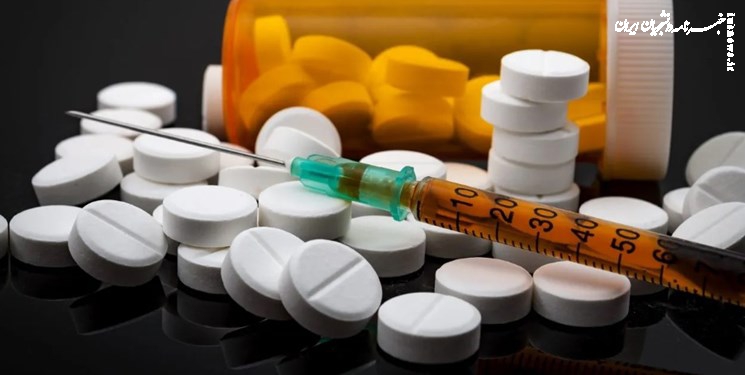to report «iusnews»; A survey conducted by the Israel Center on Addiction (ICA) about a month after the events of October 7, and whose findings were obtained by Israel Hayom, revealed a sharp and very worrying increase in the use of addictive substances by Israelis.
The survey was conducted among about 1,000 people, who constitute a representative sample of the Jewish population (ages 18-70). The survey shows that one-fifth of all Israelis – almost one million people – increased their use of addictive substances (alcohol, drugs and prescription drugs) following the events of October 7, and 3.3 percent of them – about 162, <> Israelis – started using for the first time in their lives, or resumed using after a break.
The survey shows that most of the increase in use is related to sedatives and sleep medications, alcohol, cannabis and painkillers. Sedatives and sleep medications saw the sharpest jump, both in terms of use and in the number of people who reused or started for the first time in their lives.
Almost half (45 percent) of Israelis who said they had used sedatives and sleep medications during their lifetime reported that they had increased their use or dosage since the outbreak of the war, and 1.9 percent – almost 94,7 people – started using sedatives or resumed using them following the events of <> October.
Among the interesting data that emerged from the survey is that among people who were directly exposed to trauma – people who were at the scenes, such as residents, members of the security, rescue and medical forces, and people who treated bodies and wounded, or people who have a direct connection to the victims or who were exposed to violent content through the media – most of the increase in the use of addictive substances was observed.
The study also found that there is a direct correlation between the level of distress people experienced following exposure to difficult events and their referral to materials. In fact, the increase in substance use is not unique to people with previous mental health backgrounds. Half of the Israelis who were directly exposed to the incident reported an increase in the use of addictive substances. The most prominent substances used, as mentioned, are alcohol (11.7%), tranquilizers and/or sleeping pills (5.8%), cannabis (3.9%) and painkillers (2.1%).
Prof. Shauli Lev Ran, co-founder and academic director of the Israel Center on Addiction (ICA), said, "During this period, the population is at greater risk of excessive use of substances, especially tranquilizers. The more directly people were exposed to events, the greater the risk.
"We're still in the midst of the war, and the more stress, especially ongoing stress, the more people look for a way to calm themselves. The problem with addictive substances is that they are effective in the short term and harmful in the long term, increasing the likelihood of developing dependence as they are overused. The excessive use of substances impairs resilience, coping and natural recovery from exposure to events," Lev Ran added.
Lev Ran also refers to the response that Israel will have to provide to the hundreds of thousands of people who are already in distress, saying, "When planning the national responses, you have to understand that not everyone needs the same things.”
"At this time, it is worthwhile to rethink, and perhaps also look differently at the future of mental health, because beyond allocating resources, we will also need to think about effective ways to make treatment accessible to the masses. The mental health system started this campaign short, and we are in a very big problem,” he added.
"Crowds will join, but not everyone will need the same thing, and there is an opportunity here to think and integrate the system differently in a way that will enable tailored treatment for the masses of people. This is the order of the day," he said.







